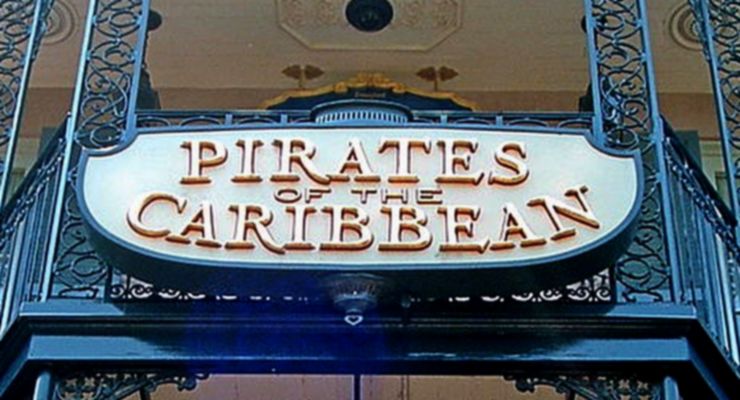
The 9th Circuit Court of Appeals in Pasadena is set to hear arguments in the case of two screenwriters who claim Disney pirated their ideas for the smash hit “Pirates of the Carribean” film series.
The copyright lawsuit was dismissed by a judge :with prejudice” in May of 2019 after a Los Angeles district court judge ruled the films did not violate the copyright of writers Arthur Lee Alfred II and Ezequiel Martinez Jr., along with their producer, Tova Laiter , court documents show.
The lawsuit alleged Disney has infringed on the writers copyright by lifting plot, characters, themes, mood, settings and pace from their work.
But to each point, U.S. District Judge Consuelo B. Marshall determined the Pirates of the Caribbean films were “not substantially similar” to the work of the plaintiffs and did not constitute infringement of their copyright.
But the plaintiff’s have filed an appeal in hopes of reversing the prior court decision.
Monday’s arguments regarding the appeal were scheduled to be heard via teleconference.
The plaintiffs claimed in their original filing that the plot of the films was taken from their writings, but the judge disagreed. “…the parties’ works are not substantially similar as to plot or sequence of events under the extrinsic test because ‘a closer inspection reveals that they tell very different stories,” Marshal wrote in her decision.
The plaintiffs had also claimed that several characters, including the pirate Jack Sparrow — played by Johnny Depp — were copied from their work, citing similar character traits such as being cocky, brave and often intoxicated.
“However, cockiness, bravery, and drunkenness are generic, non-distinct characteristics which are not protectable,” Marshall wrote.
In concluding, Marshal added, “At most, Plaintiffs have demonstrated random similarities scattered throughout the parties’ works. Analyzing the plot, themes, dialogue, mood, setting, pace, characters, and sequence of events as discussed above, the Court finds the parties’ works are not substantially similar as a matter of law under the extrinsic test.”














 0 comments
0 comments


